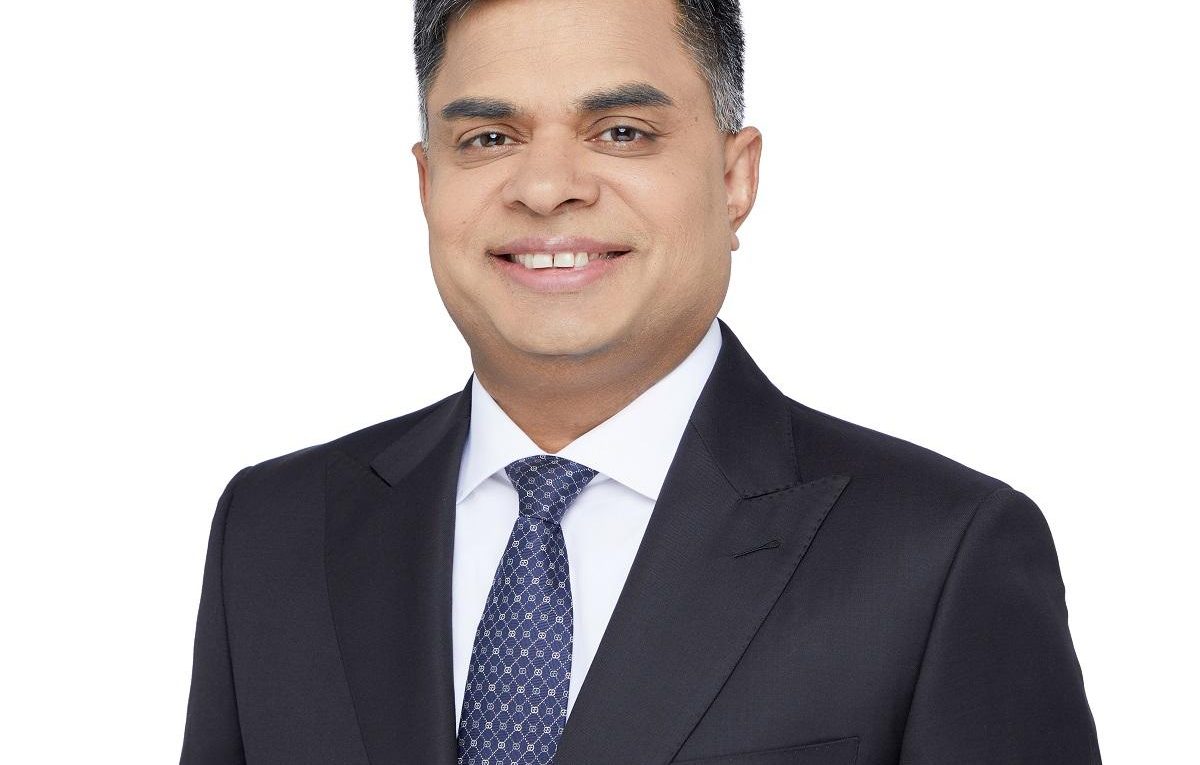Johnson Controls Apac president bullish on India’s ‘sustainable’ demand
Johnson Controls, a global player in smart and sustainable buildings, is betting big on India as clients are increasingly opting for greener solutions that are in line with their sustainability goals. India has set itself a target to achieve net zero by 2070.
The company is also witnessing strong demand from the data centre sector in India as its solutions and services are helping building owners lower the total cost of ownership.
“India is a very important market for us. India now has the world’s largest population, fifth largest economy, fastest growing large economy, as well as having the largest working age population, and so on, it is extremely important for us at the Asia Pacific level as well as at a global level,” Anu Rathninde, president – APAC, Johnson Controls, told Business Standard.
“There is massive growth in the data centre space now and we are very well positioned to support that,” he said.
Rathninde said that emerging technologies like artificial intelligence (AI) and generative AI can and should be leveraged to reduce carbon footprint.
“But like with any new technology, these are areas that we need to optimise and get to know better and so on…there are regulations to come and there are additional safety protocols we need to follow as we move forward. But there is a definite need to embrace these technologies and use them to their benefit,” he said.
Over the last 2-3 years, the company has invested significantly in India, launching two Innovation Centres in Hyderabad and Bengaluru and hiring across verticals. It has over 8,000 employees in India out of its total workforce of about 100,000.
The company – which competes with the likes of Siemens, Schneider Electric, and Honeywell – has maintained that these centres are developed with a view to not only build solutions for India, but for the global market. Currently, Johnson Controls has three research and development (R&D) centres, three engineering centres, and three manufacturing plants in India.
The technical requirements from the Indian customers are very high, said Rathninde. “Historically, the requirements were not that high. Now, Indian customers demand the highest-end technologies. They want to have access to cutting-edge building technologies. This is a major shift we are seeing over the last five years or so. The customers’ demand for high-end technology is in turn going to help us increase our offerings and develop more technologies catered for India,” he said.
The company is seeing a demand for its solutions across industries such as education, hospitals and healthcare, pharmaceutical, new energy, petrochemical, and manufacturing, said Rathninde.
While the Paris Agreement has accelerated clients’ sustainability agenda, Rathninde believes it is much more than that.
“Business leaders are realising that if you are a sustainability-focused and ESG-focussed company, you are way ahead in the game in terms of positioning yourself as a great company that ultimately has multiple benefits. Your business is going to be economically sustainable because you are doing the right thing. You are on the right track and it can last. Your customers like to buy your products because you are doing the right thing and running the business responsibly. And employees like to work for such companies,” he said.
India, along with the world, has been emphasising the need for climate action at the ongoing COP28 Summit in Dubai. India and Sweden on Friday launched LeadIT 2.0, an initiative aimed at co-developing and transferring low-carbon technology along with offering financial support for industry transition in developing nations.
